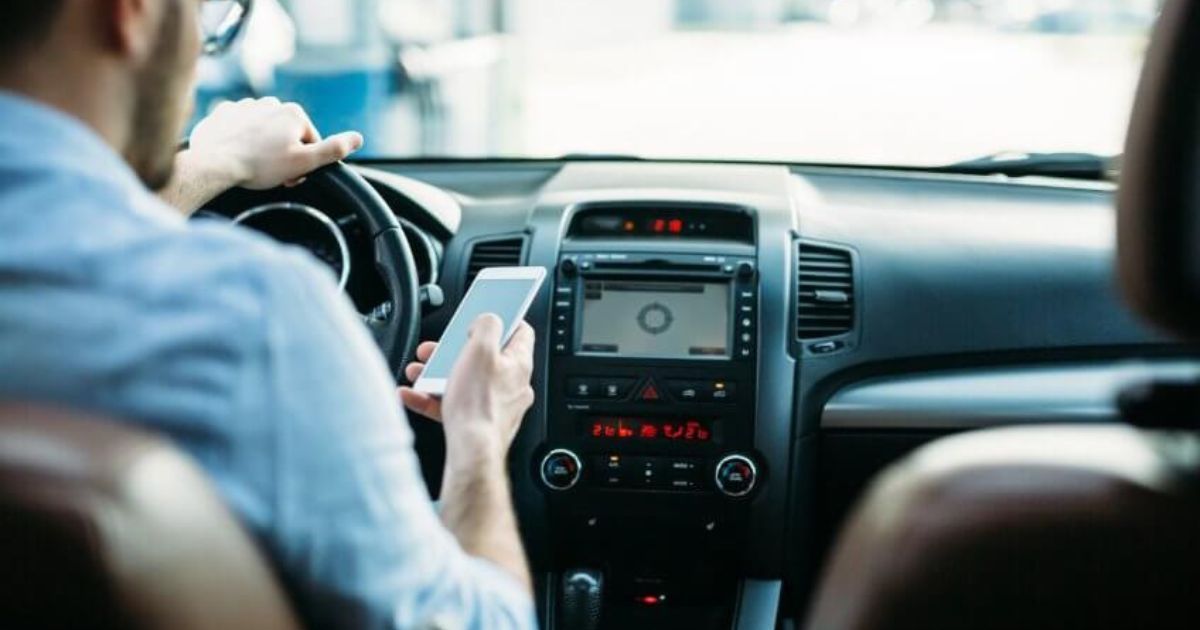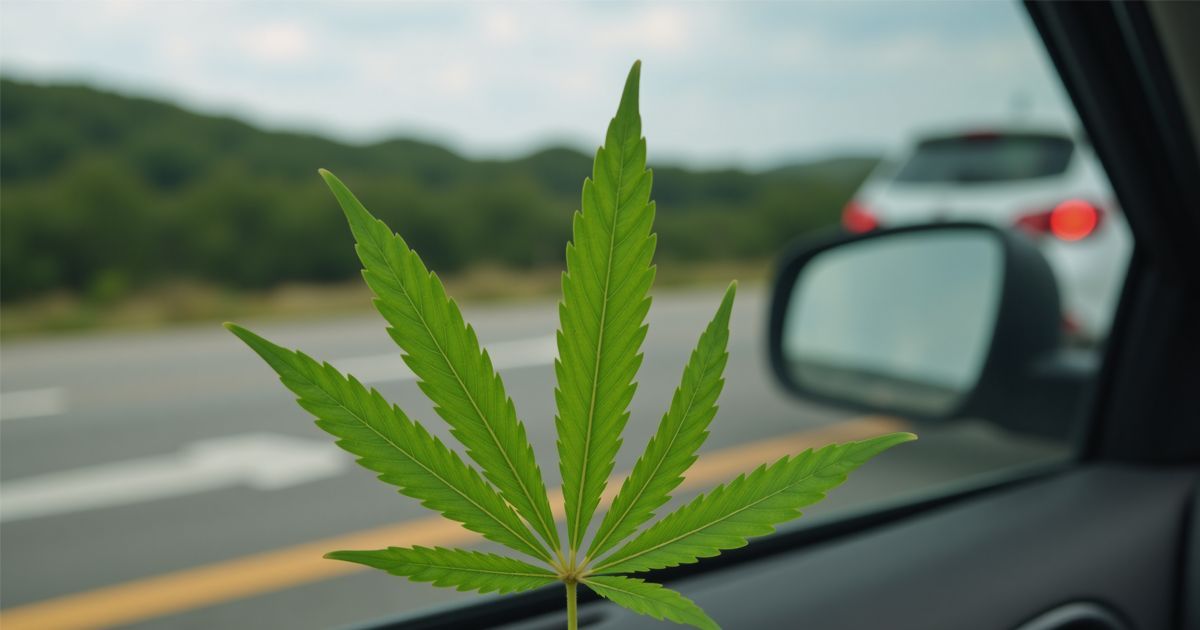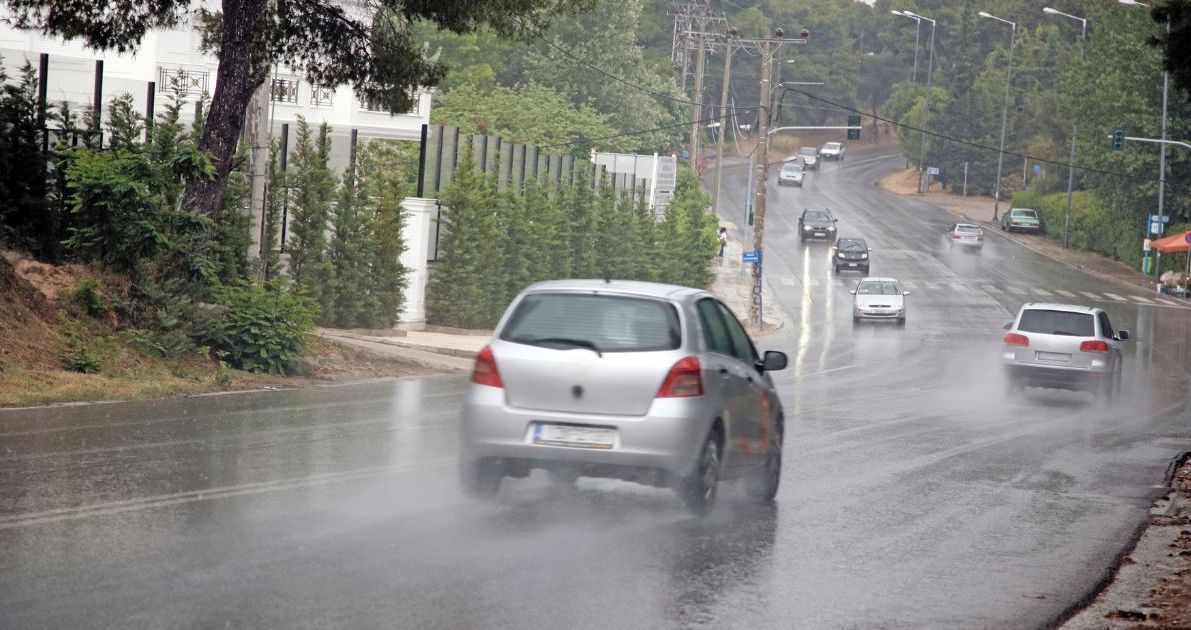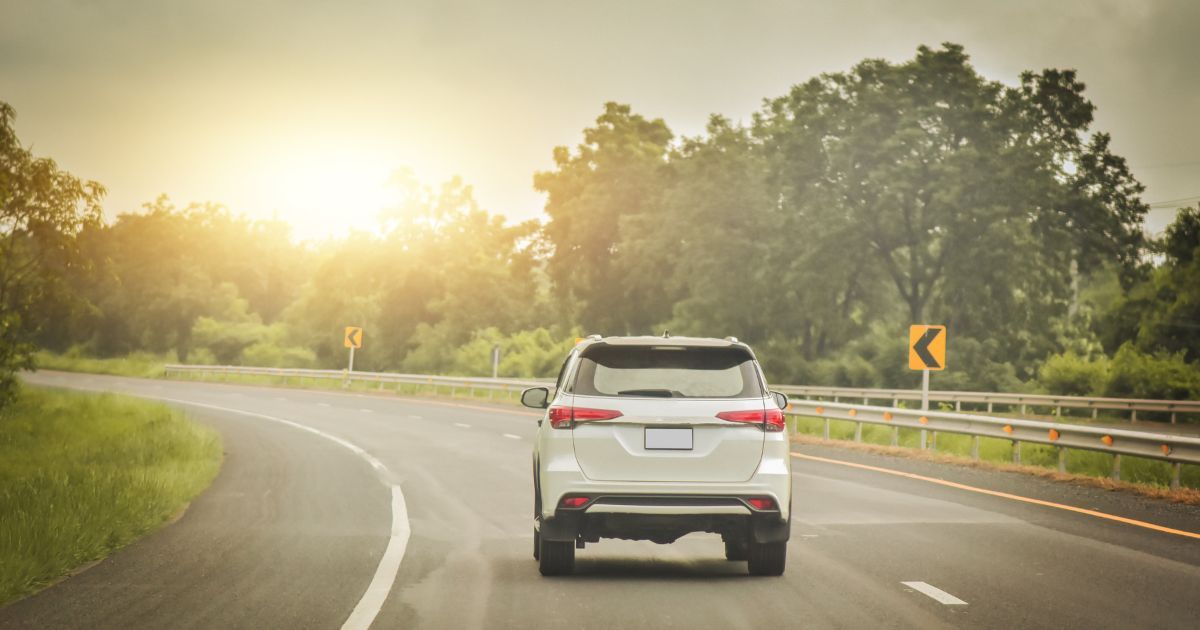Safest Cars for Icy Roads: How to Avoid Winter Accidents and What to Do If You're Injured
Recent Posts
Frequently Asked Questions (FAQ)
How long does whiplash take to heal after a car accident?
Mild cases may resolve within days or weeks, while severe cases can take months. Rest, therapy, and following medical advice speed recovery.
How do I know if my whiplash is serious?
All whiplash injuries need medical attention. Persistent pain, numbness, or cognitive issues signal more severe injury. Documentation helps with legal claims.
Can a minor car accident cause whiplash?
Yes. Even low-speed collisions can transfer enough force to injure the neck.
Can whiplash symptoms get worse over time?
Yes. Without treatment, symptoms can worsen, potentially leading to chronic pain or long-term disability.
What is the average whiplash injury compensation in Massachusetts?
There’s no set amount. Compensation depends on severity, treatment needs, and long-term effects. To seek damages beyond PIP, your injuries must meet the $2,000 medical expense threshold or qualify as serious under state law.
How long does it take to settle a whiplash claim?
Some cases resolve in weeks, others may take months or longer. Settlement timelines depend on injury severity, evidence, and insurance negotiations.
- Distracted Driving Leads Overall Crashes: The #1 cause of non-fatal accidents, often due to phone use, contributing to thousands of incidents annually.
- Impaired Driving Tops Fatalities: Alcohol and drugs are factors in 38% of fatal crashes in 2025, sparking a rise in road deaths.
- 2 sources
- Speeding and Aggressive Driving: Accounts for high crash severity, especially on highways and in urban areas like Boston.
- Weather-Related Factors: Rain, snow, and ice play a role in many accidents, compounded by narrow, winding roads.
- Other Contributors: Drowsy driving, failure to yield, and reckless behaviors add to the roughly 100,000+ annual crashes in MA.
- Low Fatality Rate Despite High Volume
- MA has one of the lowest death rates nationally (4.9 per 100,000 people), thanks to lower speeds and safety measures.
Leading Causes of Car Accidents in Massachusetts and How to Prevent Them
Based on 2025 data from sources like MassDOT and safety reports, here are the top causes, along with practical steps to avoid them.
1. Distracted Driving
This is the most common cause of car accidents in MA, especially non-fatal ones, involving activities like texting, eating, or adjusting navigation. With MA's hands-free law in place since 2020, violations still contribute to a high volume of crashes in busy areas.
Prevention Tips:
- Stow your phone or use hands-free devices; set up GPS, music, or calls before starting the engine.
- Avoid multitasking don't eat, groom, or fiddle with the radio while driving.
- Practice defensive driving: Scan the road ahead and anticipate distractions from other drivers.
2. Impaired Driving (Alcohol or Drugs)
Impaired operation is the leading cause of fatal accidents, with drugs and alcohol involved in 38% of deadly crashes in 2025 a notable increase. This includes both drunk driving and cannabis-related impairments.
Prevention Tips:
- Plan ahead: Use rideshares, public transit, or designate a sober driver if consuming substances.
- Support state initiatives like sobriety checkpoints and report suspected impaired drivers to authorities.
- Educate yourself on medication side effects that could impair driving.
3. Speeding and Aggressive Driving
Speeding contributes to crash severity, particularly on highways and in intersections, where it exacerbates injuries. Aggressive behaviors like tailgating or improper lane changes are common in congested MA traffic.
Prevention Tips:
- Obey speed limits and adjust for conditions slow down in rain, fog, or construction zones.
- Maintain a safe following distance (at least 3 seconds) and use turn signals early.
- Stay calm: Avoid road rage by breathing deeply or pulling over if frustrated.
4. Weather-Related Conditions
MA's harsh winters and frequent rain lead to slippery roads, reduced visibility, and hydroplaning accidents.
Prevention Tips:
- Equip your vehicle with winter tires or all-season radials and check brakes regularly.
- Increase following distance in bad weather and use headlights for better visibility.
- Avoid unnecessary travel during storms; check MassDOT alerts for road conditions.
5. Other Causes: Drowsy Driving, Reckless Behavior, and More
Fatigue, failure to yield, and drowsy driving round out common factors, often leading to rear-end or intersection collisions.
Prevention Tips:
- Get adequate rest before long drives and take breaks every 2 hours.
- Always wear seat belts, which can reduce crash severity by 50%.
- Follow traffic rules strictly, especially in high-risk areas like Boston's winding streets.
FAQs About Car Accidents in Massachusetts
What should I do immediately after a car accident in MA?
Call the police if there's injury, death, or property damage over $1,000. Exchange information with other drivers, document the scene with photos, and seek medical attention even if injuries seem minor.
Who pays for my medical bills after an accident?
MA is a no-fault state, so your own Personal Injury Protection (PIP) insurance covers initial medical costs up to your policy limit, regardless of fault. You can pursue the at-fault party for additional damages.
Do I need to report the accident to the police?
Yes, if it involves injury, death, or damage exceeding $1,000. File a Motor Vehicle Crash Operator Report within 5 days.
What if the other driver is uninsured?
Your uninsured motorist coverage can help cover costs. MA requires all drivers to carry insurance, but violations occur consult a lawyer for options.
How long do I have to file a claim?
The statute of limitations for personal injury claims is 3 years from the accident date, but act quickly to preserve evidence.
Can defensive driving really prevent accidents?
Yes, it involves anticipating hazards and safe habits, potentially reducing crashes significantly in MA's challenging conditions.
Conclusion
By staying vigilant against these common causes and implementing simple prevention strategies, you can help make Massachusetts roads safer for everyone. Remember, safe driving starts with awareness-buckle up, stay focused, and drive responsibly. For personalized advice after an accident, consider consulting a local personal injury lawyer. Stay safe out there!













